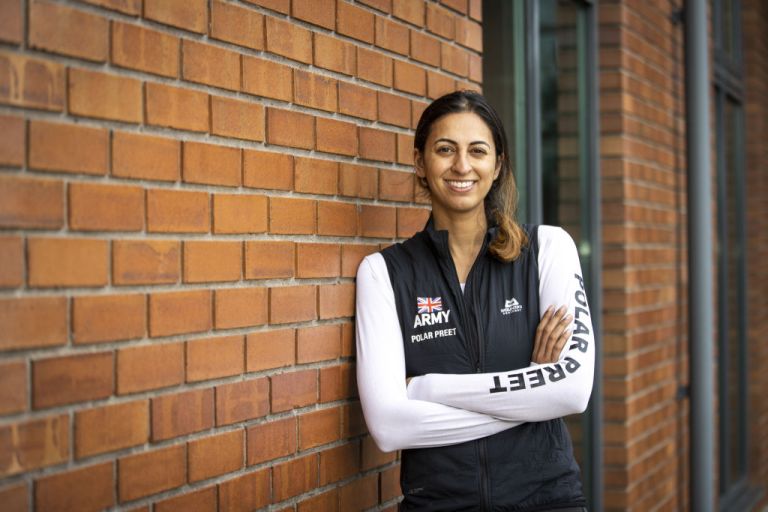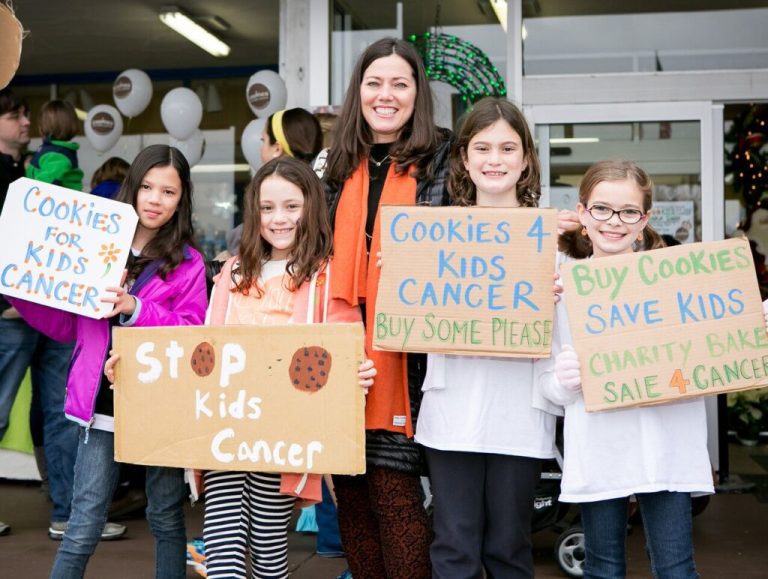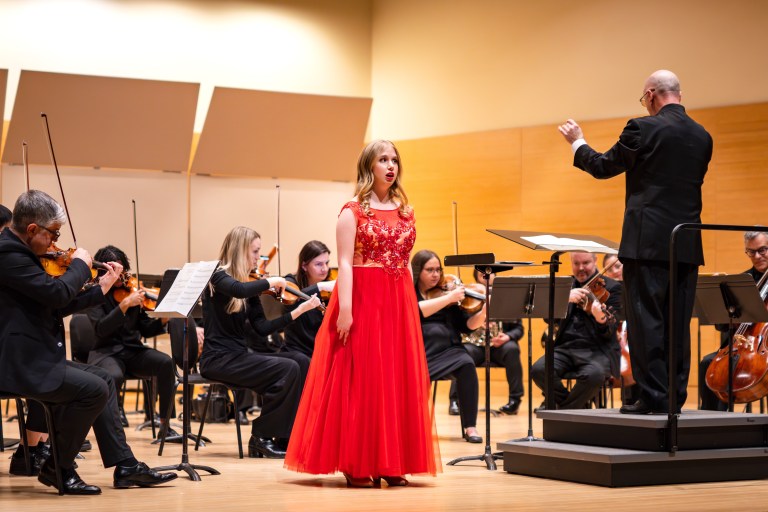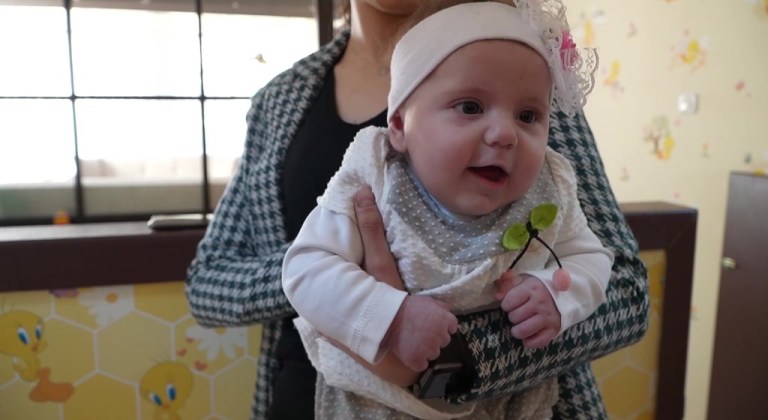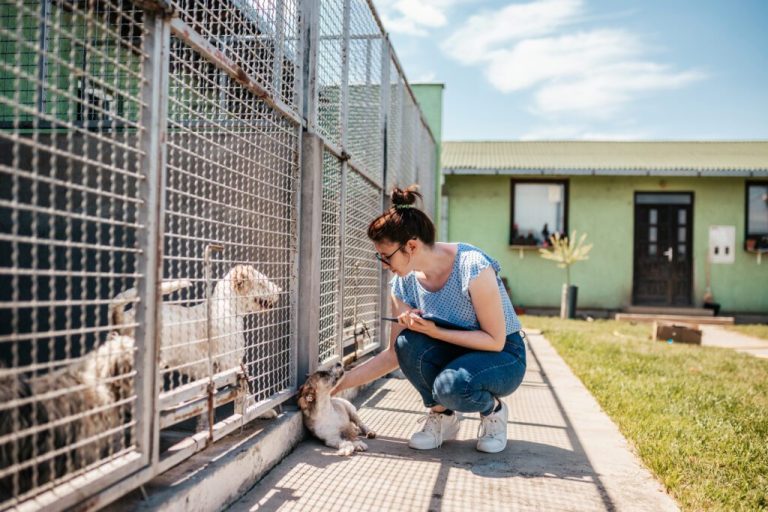Los Angeles County is a sprawling landscape of mountains, urban development, bodies of water, public parks, wildlife preserves, and more — and while it isn’t known for being the most walkable area in the U.S., it’s certainly a place you could get lost in on foot. That risk is even higher for people with cognitive conditions like autism or dementia.
Jordan Wall, who has Down syndrome, is no stranger to adventure. At 27, she works as an actress in television and commercials, competes in the Special Olympics, and keeps her hundreds of thousands of social media followers abreast of her many pursuits. The City of Angels resident is also a participant in a program called L.A. Found.
@jordannicholewall I can’t believe it’s already been a YEAR since my surgery🤯 I remember how scared I was, and ALL of you made me feel so much BETTER!🥰 Stay tuned…I MAY have something in the works for you🤔☺️ . . . . #surgery #memories #support #scary #downsyndromeawareness #jordannicholewall
♬ Paradise – TELL YOUR STORY music by Ikson™
Since 2018, the program has provided free tracking bracelets to vulnerable people at risk of losing their way in the big city and beyond. And this October, L.A. Found announced it was upgrading its tools by also offering new Theora Care GPS smartwatches. The watches are enabled with real-time location tracking, geofencing alerts, and a caregiver-connected SOS button, bringing peace of mind to participants and their loved ones.
For Wall’s mother, Mary Brown, the program helps lift a weight off her shoulders. “When you’re a caregiver, it’s really hard, so we’re grateful for the help we’re getting,” Brown said in a news release. “I’m not losing this one.”
To date, L.A. Found has helped safely locate at least 29 individuals who went missing due to cognitive impairments. Its work is vastly important, but its origins lie in tragedy. It was launched the same year the remains of a 55-year-old woman named Nancy Paulikas were located. In 2016, Paulikas had wandered away from her husband during a trip to the Los Angeles County Museum of Art, and her loved ones were unable to find her.
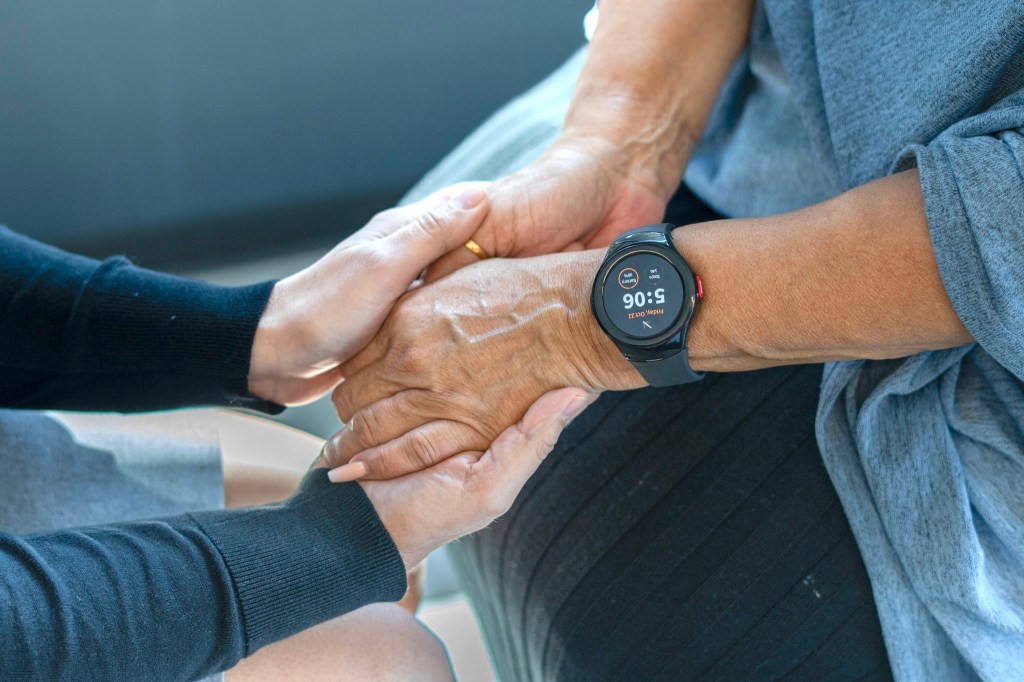
It’s her story, and her family’s tireless advocacy, that inspired the program. Oct. 15, the date Paulikas went missing, is now L.A. Found Day.
“L.A. Found adding a GPS option for caregivers greatly improves their ability to keep their loved ones close by when they have the technology,” said Paulikas’ husband, Kirk Moody. “I hope that no one has to suffer the feeling of helplessness that we encountered when my wife Nancy went missing.”
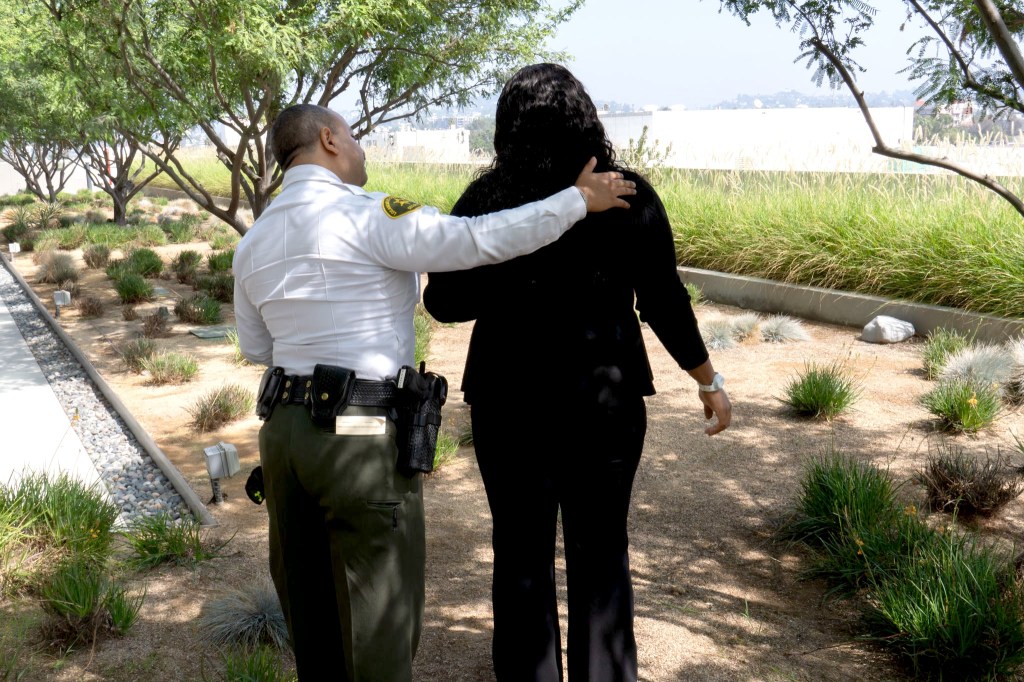
LA County Aging & Disabilities Department
“L.A. Found succeeds because it brings agencies and people together: law enforcement, social services, and the families we serve,” Karaccusian told Nice News. “By combining our expertise and using a range of technology tools, we’re giving caregivers real choices and ensuring that when someone goes missing, every partnership and every tool work together to bring them home.”
Learn more about L.A. Found, including how to sign up for the program.
RELATED: Won’t You Be My Neighbor? The Power in Our Relationships With the People Next Door


